Thank you, the form been sent
We will contact you as soon as posible..



The Yossi Bachar Fellowship for Leading Systemic Change in Israeli Society via JDC – Elka was established by JDC – Elka, the Bachar family, and partnering philanthropists from Israel and throughout the world to reflect the spirit and legacy of Dr. Yossi Bachar z”l. The initiative harnesses the experience, knowledge, and abilities of Israel’s senior leadership to help advance discourse and reciprocity between the public and social systems, focusing on initiatives that will improve life in Israel for disadvantaged populations.
The fellowship aims to promote change at the level of government policy that will impact on the quality of life of each and every person living in Israel. Dr. Yossi Bachar strove tirelessly to harness leaders of Israel’s business and public sectors to promote dialogue with the social sector and generate engines for policy change. He believed that only by combining the forces of the three sectors (public, social, and business) could successful resolution of Israel’s complex social issues be achieved.
The prestigious Yossi Bachar Fellowship will be granted annually to an outstanding senior figure who has successfully headed widespread change and impacted on the public, social, and /or business sectors. The Fellowship will enable visionary men and women to bring about real change in Israeli society.

JDC – Elka reinforces the public systems’ ability to provide high quality services to Israeli citizens
JDC – Elka heads inter-ministerial and inter-sectorial task forces
JDC – Elka untangles complexities within the public systems whilst re-establishes processes to resolve challenges
JDC – Elka strives to strengthen the public systems’ ability to efficiently and beneficially provide Israeli citizens with social services.
JDC – Elka is an ideal infrastructure for Fellowship recipients.
Dr. Yossi Bachar’s career was marked by diverse and extensive action, including senior roles in the public and business sectors. Yossi set an example of striving for excellence and achieving goals in every field he was active in while exhibiting accountability, wisdom, commitment, and honest compassion.
During Dr. Yossi Bachar’s term as Co-Chair of JDC – Elka’s Advisory Committee (2014 – 2020) he headed a process which resulted in changing JDC – Elka’s vision from developing leadership as a goal to developing leadership as a means to generate systemic change.
Dr. Yossi Bachar passed away in December 2020 at the age of 65, after battling cancer for years. He is survived by his wife Orit, four children, and grandchildren.
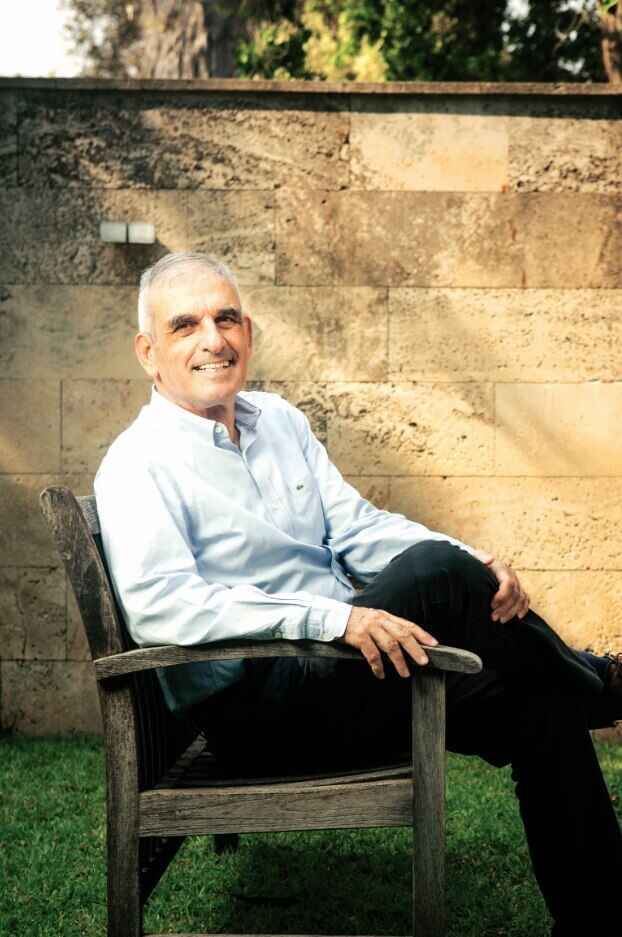

Philanthropic Partners

Steering Committee

Senior accompaniment by JDC-Elka CEO

International networking

Bachar Family

Bachar Fellow

Joint Elka – Professional team

Joint-Elka infrastructure

“Yossi’s Bus” Club

Entrepreneur in Residence Fellowship of 100K$

Research assistants

רשתות הג’וינט


Selecting a Bachar Fellow
Supporting the Fellow in drawing up an annual work plan, defining the products, and actual implementation
Monitoring achievement of the required products
Recruiting partners
The Committee will be aided by a forum of senior professionals tailored to the selected Fellow
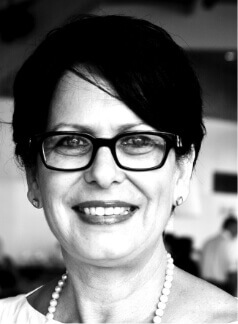
Steering Committee Honorary President

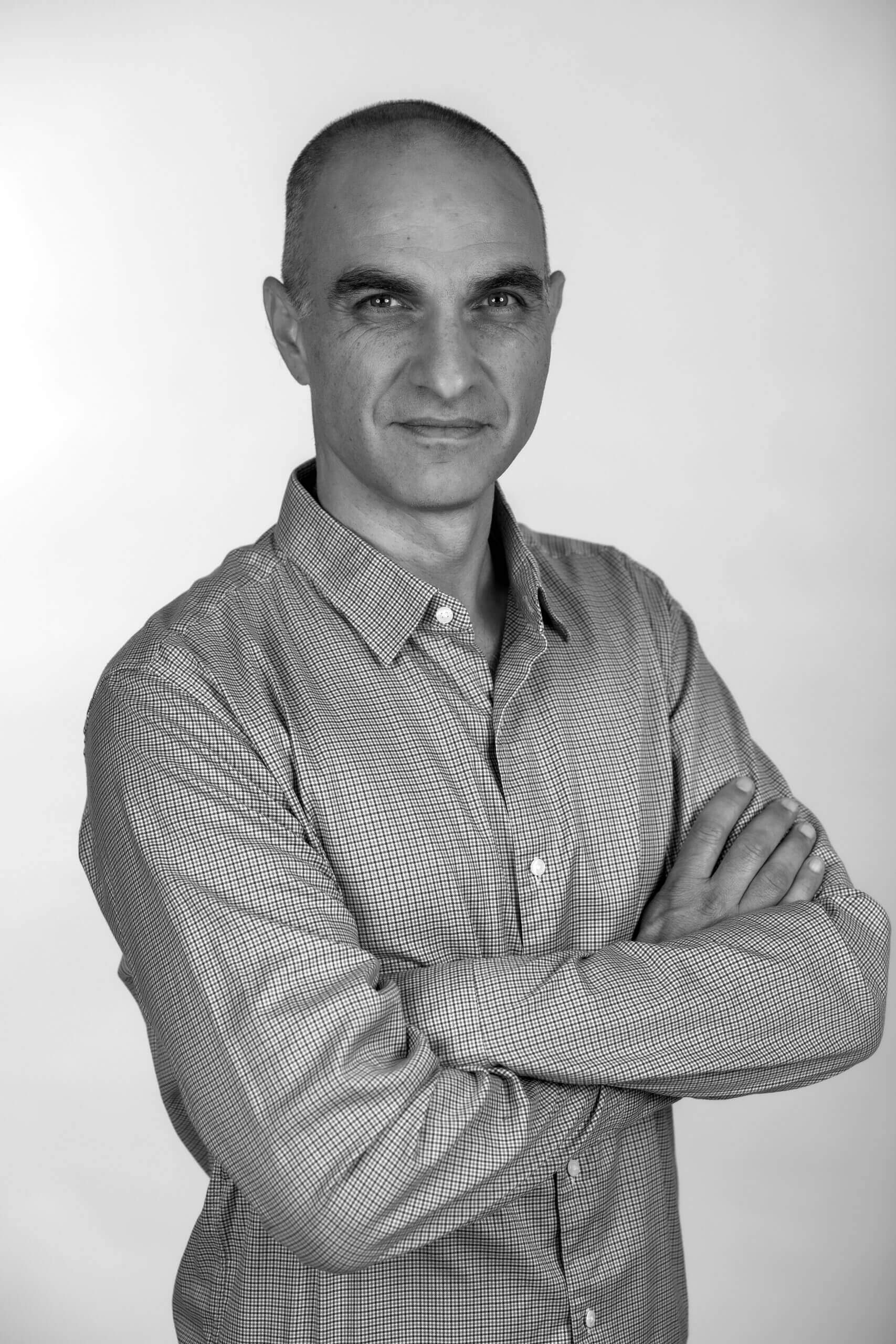
Rani Dudai joined JDC-Israel in 2011 as director of the civil society field and of the Center for Lay Leadership. In 2014 he was appointed CEO of JDC – Elka, in which role he headed a significant change in JDC – Elka’s work approach – from a center of training, management, and leadership to partnering with the Israeli government in everything relating to promoting the efficiency of Israel’s public systems.
Rani holds an MBA from Haifa University, specializing in strategic personnel management; an MA in social work from Bar Ilan University, specializing in clinical work; and a BA in social work from Tel Aviv University. He has also completed several leadership programs for senior directors at Harvard Business School.
For over a decade Rani served as CEO of the Gevim Group, which offers consulting services to directors in the fields of mediation, constructing agreements, and negotiation. He is among the founders and entrepreneurs of the Kedem Association for Children and Youth in Israel, which is active in the field of healing justice. Currently he serves as a board member of the Ruppin Academic Center.
In April 2021 he was appointed CEO of JDC – Tevet.
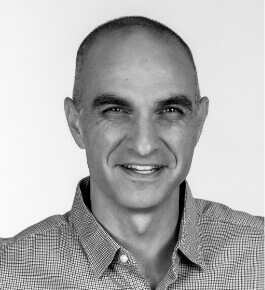
Committee Chair

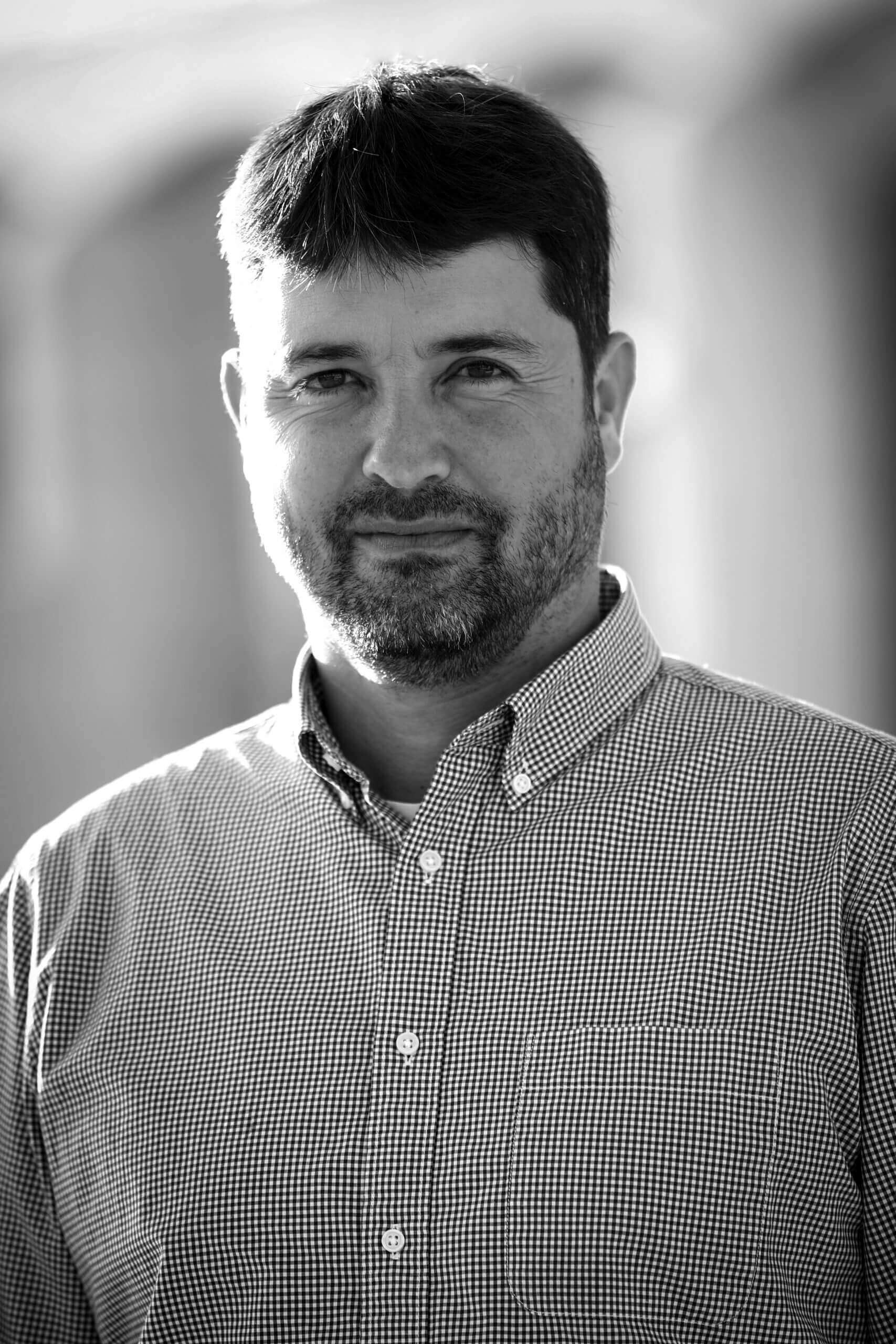
Ori joined the JDC in 2013, holding several positions within the organization. From 2018 to 2020 he served as Deputy Director General of JDC – Elka and Director of Cross-Sectorial Collaboration. In this role he initiated and headed varied collaborations with the government and civil society to bolster their ability to work together, promote agents of change networks, head processes of innovation in the public sphere, and more. In April 2021 he was appointed Director General of JDC – Elka.
Before joining JDC – Elka Ori served as a strategic consultant for the BDO Group, working with a range of companies in the public and private sectors. Ori holds an MBA from Ben Gurion University of the Negev’s Honors Program, and a BA in philosophy from the Hebrew University in Jerusalem (both cum laude). He served as a combat pilot in the Israel Air Force and serves as a flight instructor in reserves.
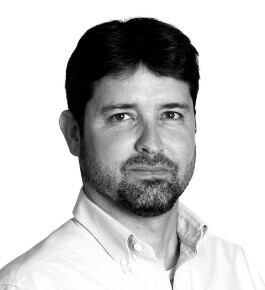
CEO of JDC – Elka

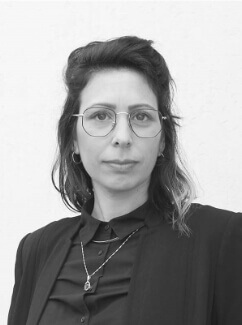
Representing the Bachar family, Dana is the eldest of Yossi z”l and Orit’s four children, and the mother of three.
Dana designs processes and services and is an expert in developing and implementing design thinking and heading co-creation processes for leading organizations in the three sectors (public, business, and social).
In the Bachar household there were constant conversations regarding the importance of realizing personal potential while harnessing one’s abilities to significantly contribute to society. These values have guided Dana throughout her life and molded her professional outlook. Dana is deeply familiar with the public and social sectors, proficient at forging cross-sector collaborations, and has much experience in working with JDC – Israel, especially JDC – Elka. Dana currently heads the field of Client Experience and User Experience at Deloitte Digital. Previously she directed the public sector unit and headed activities in the social sector at EY Israel.


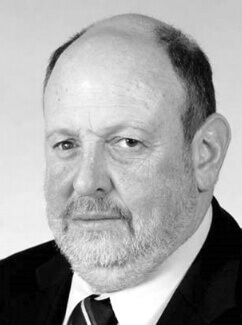
Raanan Dinur was born in Jerusalem in 1952. After 13 years of service in the IDF he was appointed CEO of Telad and director of development at Audionautics. In the late 1980s he was among the founders of Young Entrepreneurs at the Van Leer Institute (the Karev Program) for educational enrichment. In the 1990s he served as Director General of the Jerusalem municipality. In 2003 he was appointed Director General of the Ministry of Industry, Trade and Labor, where he established the Tevet employment program in collaboration with JDC – Israel, and the Mehalev Program (also known as the Wisconsin Plan).
In 2006 he was appointed Director General of the Prime Minister’s Office (PMO), a role he held for three years under Prime Minister Ehud Olmert. In this role he worked to strengthen the PMO’s abilities and was a partner to establishing the National Economic Council, integrating the National Security Council into the PMO, establishing the Policy Planning Division, the tri-sectorial roundtable, and the Authority for the Economic Development of the Minority Sectors.
Dinur laid the groundwork for the government planning guide and determined the way in which ministries were required to plan and report.
Raanan holds an MA in Public Administration and Policy, and as of 2012 he serves as Chair of the Ruppin Academic Center’s Board of Directors. Currently he divides his time between the business sector – in the Taavura Group and Pilat Group (Chair) – and volunteer activities as a social entrepreneur at the Wexner Foundation, the Mandel Institute for Educational Leadership, the Jerusalem Institute for Policy Research, and more.
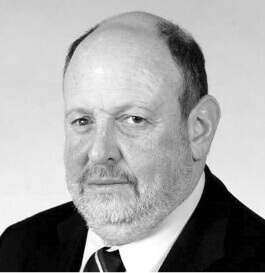

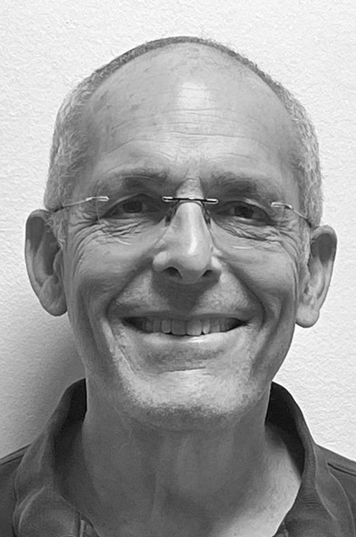
Binny Shalev is an expert in the field of resource development and philanthropy in Israel, with a special affinity for the Galilee, and has served as the Israel CEO of the Russell Berry Foundation since 2007.
Between 1991 and 1997 Binny led the development and establishment of the Tzipori National Park. Following that role, he focused on Israel and the Diaspora between 1997 and 2000, initially as a representative of the Federation of Jewish Communities of Palm Beach and Pittsburgh in the USA and then as a senior advisor to the Minister for Diaspora Affairs in the Prime Minister’s Office.
When this position ended, and until 2004, Binny served as Director of the Safed Fund whose goal is the preservation and development of the cultural assets of the Old City of Safed. In 2005, he founded EPI Consultants – Effective Philanthropy in Israel, to provide planning, strategy, and management services in the field of philanthropy in Israel to investors and foundations.
Binny holds an undergraduate degree in Philosophy from Yeshiva University, and an LLB from Bar Ilan University. He lives in Hoshaya.
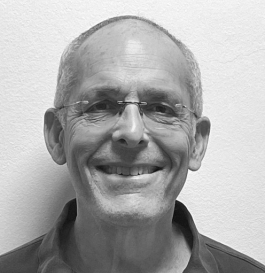

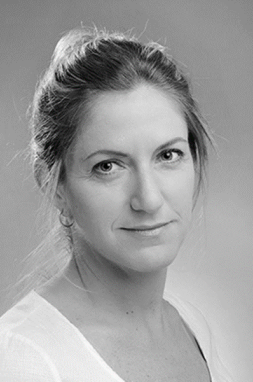
As of 2018, Leora leads the philanthropic activities of her family – the Dan and Susan Proper family. The activity is focused on promoting the social mobility of children and youth through education and is built on trust-based and long-term partnerships with social organizations in the field. As part of her role, Leora accompanies CEOs and directors and, among other things, serves as Chair of the Ofanim association, as a member of the board of directors of Yeladim – Fair Chance for Children, and the Appleseeds association.
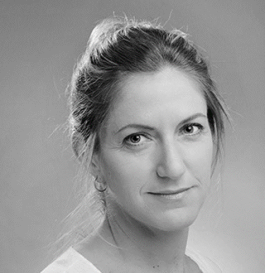
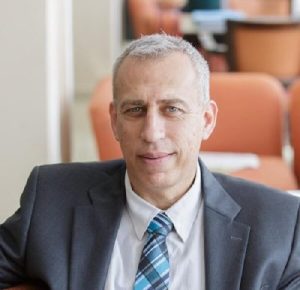
“The health system in Israel is committed to the values of justice, equality, and mutual aid, as stated in the first section of the State Health Insurance Law. The challenge of actualizing these values in Israel’s geographical and social periphery requires the cooperation of various parties outside the health system, such as the local authorities and the third sector. The Bachar Fellowship is an excellent platform to test new methods, add new partners, and deepen this cooperation in order to reduce the gaps in health in Israeli society.”
Throughout his professional life in the medical corps and the public health system, Prof. Nachman Ash has acted in the light of these values. During his tenure as Director General of the Ministry of Health, the Equality Indicators in the health system were launched, the development of a health portal for the local authority was started, and the Ilanot program for the development of medical leadership in the periphery was implemented. These steps are another tier in the Ministry of Health’s long-term activity to reduce health disparities. Various JDC entities, including JDC-Elka, are partners in this endeavor in a wide range of projects.
As a continuation of his path in the public health system, Prof. Ash was chosen for the Bachar Fellowship, following Mordechai Cohen’s successful year as the first Bachar Fellow. Prof. Ash presented his approach to the Fellowship’s steering committee. He believes in strengthening community medicine in the periphery while increasing the involvement of the regional clusters and local authorities in promoting the health of the residents, and in expanding the collaboration between the health care funds and the local authorities. During the Fellowship year, Prof. Ash will work to promote this approach among the various parties with the help of JDC-Elka.
The health system in Israel is based on the State Health Insurance Law (1994) that determines the status of the health care funds as being responsible for providing health services to all citizens of the State of Israel. The law states that “The State health insurance, according to this law, shall be founded on the principles of justice, equality, and mutual aid”, and that “the health services included in the basket of health services shall be provided in Israel, based on medical judgment, of reasonable quality, within a reasonable time, and at a reasonable distance from the insured’s place of residence.”
However, over the years gaps have developed in the provision of health services to the residents of Israel’s periphery. These are reflected in a more limited distribution of services in the periphery compared to the center, and in the health outcomes assessed by the system.
There are several reasons for the health disparity between the periphery and the center. These include lower resources in the periphery, such as the number of hospital beds or specialist medical personnel, less competition between health care funds, lower availability of health services, and a higher proportion of the population from a low socio-economic status. The high number of reasons makes it difficult to provide solutions.
Despite many welcome actions taken over the years with the aim of reducing the gaps, most of which have been led by the Ministry of Health, the issue has not been adequately resolved and the gaps have not been significantly reduced.
The war that broke out on October 7th could aggravate existing disparities as a result of budget diversions to other needs. In addition, medical care and health habits of the public in the periphery may have deteriorated following the evacuation of residents from their homes and due to living under ongoing threat. The resulting mental anguish may also lead to aggravation of physical illnesses.
The proposed intervention plan will be constructed after an in-depth analysis of the issue and after studying the existing plans and their impact. The focus will be placed on strengthening medicine in the community, deepening the connection between local government (local authorities and regional clusters) and the ongoing medical services, and bolstering the connection between the health care funds and the local authorities.
The intervention plan will be implemented based on connecting the various actors, including the relevant government ministries, local government (local authorities and regional clusters), the administrations of the health care funds, the administrations of the relevant districts, and the medical staff in the periphery (doctors, nurses, and other professions).
The project will aim for products on three levels: research, policy formulation, and initial implementation steps. Among other things, a document will be drawn up with an in-depth analysis of the problems in the periphery and the various ways to strengthen medicine in the community. In addition, a road map will be formulated for the involvement of local government in promoting health and medicine in the periphery while strengthening the common language between local government and the health care funds.
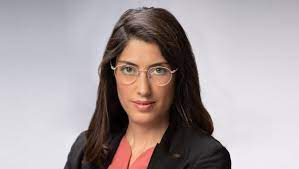
Throughout Hila’s unique professional path, she effected an extraordinary fusion of her engineering abilities and her in-depth understanding of the development of advanced technologies alongside the development of public policy, leading projects that produce a fundamental change in the public sphere, from Iron Dome to various transportation projects. Her main goal was harnessing technology as a means of promoting the public sphere and advancing the Israeli economy.
As part of her role as CEO of the Ministry of Innovation, Science, and Technology, Hila headed an extensive government decision in favor of expanding the high-tech industry’s share in the Israeli economy to encompass 15% of the job force. This, while reducing significant gaps and utilizing existing high-quality human resources from Israel’s geographic and social periphery. Hila also led the formulation of the national plan for the State of Israel’s artificial intelligence (AI) while developing three key components within it: national projects for the widespread assimilation of AI in the public service; developing infrastructures to help boost the high-tech industry in this field; and regulation and ethics that on the one hand enable innovation, yet on the other hand map the risks and help the various regulators create an enabling sphere.
The combination of these factors led Hila to submit her application for the Bachar Fellowship in order to lead widespread implementation of AI in the education system, both as a springboard for the Israeli economy and as a central tool for reducing gaps, or at the very least prevent the widening of these gaps as a result of local implementation.
AI is a disruptive technology that requires adapting the skills of workers and students to a new world in which machines will perform a wide variety of tasks automatically. Meaning, workers will need to develop new skills that will enable them to work alongside machines and utilize their capabilities.
To allow every person to integrate into this world means access to learning essential skills must be provided. These skills include critical thinking, problem solving, creativity, interpersonal communication, and teamwork. For this reason, extensive pedagogy and teacher training is required so that these new skills can be widely taught, just as reading and writing are taught.
The Israeli education system is a complex and multifaceted system, comprised of a wide range of factors, each with different interests: the Ministry of Education, local authorities, schools, teachers, parents, and students, each with different needs, concerns, and goals. One possible result of such a system may be partial and local assimilation of these essential skills, which will result in a particularly fast expansion of the already existing gaps.
The correct assimilation of AI and the skills derived from it, along with adjusted values and ethics, will strengthen the human capital and the economy and will produce a higher level of preparedness. This means that all graduates of the education system will be ready for the future job market and will be able to make a significant contribution to Israeli society, and especially to the social and geographic periphery.
A reform will be formulated during the Fellowship year that will be based on a broad and comprehensive view of the Israeli education system. It will aim to integrate AI as a required basic skill and lay the groundwork for an enabling infrastructure including the promotion of a code of ethics for the use of AI in the education system. This will be done while relying on the extensive involvement of the local authorities in the education system and on training systemic change agents such as school principals.
The Cohen-Bachar report presented recommendations for a reform to promote regionalism and decentralization of power from central government to local and regional government. Further to this, the Ministry of the Interior, in collaboration with JDC-Elka (November 2020), headed the government decision (Resolution 675) to decentralize powers from central government to local government. Implementation of this resolution began through the thirty-sixth government.
As a result of the decision a significant opportunity arose which, on the one hand, enabled influencing the direction of decentralization, and on the other hand, reflecting challenges and dangers while learning from the experience of other countries. Decentralization is a broad systemic move that affects the daily life of Israeli citizens, hence its great importance. The Steering Committee agreed that decentralization of powers and empowering local authority is significant to the functioning of the government and local authorities and there is much importance in promoting this until implementation.
During the Fellowship year, Mordechai worked to promote this field together with the JDC-Elka team in three main action spheres: policy design, research and knowledge development, and meeting with agents of change and assimilating the language. In each of these spheres, several channels of action were taken. Some of the processes have not yet been completed.
In the policy design arena, a road map for optimal decentralization of government ministries was drawn up, and government ministries were provided with guidance and instruction to promote decentralization. A pilot program for in-depth decentralization was implemented in collaboration with the Ministry of Social Affairs. In the research sphere, the Decentralization Document (in-depth research in the field) was written, meetings were held with experts, and cooperation with the OECD began. In the arena of language and agents of change, Mordechai gave lectures on the subject to government ministry cadets and employees, local authorities and civil society, and workshops for learning and hands-on experience were developed on the subject, including with the National School for Government (for leadership, government, and management training, development, and support for senior civil servants).
At the end of the Fellowship year, Mordechai and JDC-Elka’s work in this field continues, aiming for optimal actualization of these steps.
Decentralization is central to the functioning of the government and local authorities in Israel, which is why we have decided the fellowship should focus on this topic
“Social-systemic changes are not conducted with the stroke of a sword or recklessly. Visionaries are needed for this, whose actions stem from a sense of public mission, tenaciously, while recruiting partners and allies along the way. As the first Bacher Fellow, I allow myself to say that the Bachar Fellowship enables a work environment and intellectual development in this spirit, in the spirit of Yossi Bachar.” Mordechai Cohen
Throughout his professional and public career, Mordechai Cohen has been guided by a cohesive socio-economic vision. His main goal was, and remains, to bolster Israeli statehood, reduce social gaps in Israeli society, reinforce democracy and social mobility, and improve the functioning of public systems for the benefit of the population. In his role as Director General of the Ministry of the Interior, Mordechai was appointed chair of a task force promoting regional reform and decentralizing powers to local government. The late Dr. Yossi Bachar served on this team in his role as Chair of JDC – Elka’s Advisory Committee.
Further to this goal, Mordechai applied for the position of first Bachar Fellow, and after a complex selection process, the Steering Committee chose him to promote systemic change and fulfill his vision regarding the decentralization of local authority in Israel and so improve the quality of life for all Israelis. Mordechai completed his work as Bachar Fellow in May 2023, after a productive year.
During the Fellowship year, Mordechai worked to promote decentralization of power to local authorities together with the JDC-Elka team in a variety of fields. At the end of the year, in-depth products were laid out and several breakthroughs in the field were achieved. In addition, during this year Mordechai led two Yossi’s Bus tours, one to the Negev to meet with the Bedouin society, and the other to Yokneam and Migdal HaEmek to examine innovative industry in the periphery and its relationship to local government.
Mordechai Cohen has completed his Fellowship year, but the cooperation and deep connection formed between him and JDC-Elka and the Bachar family will continue to produce systemic changes in Israel.
Mordechai Cohen was born and educated in Hatzor HaGlilit, where he studied at the Hatzor Yeshiva High School founded by the religious Mizrahi Tami movement. He completed his high school studies at the Bezeq boarding school in Jerusalem, after which he enlisted to the IDF’s Nahal Brigade and served as a combat medic. Mordechai holds BA and MA degrees in Political Science from the Hebrew University in Jerusalem, as well as an MBA from the University of Manchester.
His social activities began with a program for public activists at the Hebrew University and in the Social Justice Student Cell. In parallel to his studies, Mordechai was a counselor at the Mesilla Institute – a secure care institution for young women at-risk.
In 1999 he enrolled at the Mandel Institute for Leadership in Jerusalem, focusing on an in-depth study of models for decentralization and creating regional education administrations in Israel and around the world. After graduating from the Institute he joined the Tipul Nekudati (Direct Focus) initiative managed by the Prime Minister’s Office. The initiative focused on formulating and implementing comprehensive master plans for several local authorities in the geographical and social periphery. Mordechai coordinated the project’s activities at local authorities in the north.
Shortly afterwards Mordechai joined the Rashi Foundation, serving for nine years as director of the Northern Region and then Vice President of the Foundation. In this role he headed an extensive array of solutions for the benefit of local authorities in the north, especially after the crisis they experienced following the Second Lebanon War. This crisis was the result of severe underperformance on their part and the part of various government bodies. Mordechai headed the plan to reinforce the north in partnership with the government and the third sector, and as a result youth centers, early childhood centers, and warm homes for girls at risk were established, as well as the new Tel-Hai campus, Merom Galil campus, and libraries at Jordan Valley and Tel-Hai Colleges. Programs have also been implemented to streamline and improve local authority management in routine and emergency situations, students were awarded scholarships, and research laboratory centers were developed for students. In 2012, after completing his term at the Rashi Foundation, he was appointed Director of Local Government Administration at the Ministry of the Interior.
At the Rashi Foundation Mordechai spearheaded a series of groundbreaking steps, including establishing and expanding an administrative reserve for local government – local government cadets; establishing regional clusters together with JDC – Elka; transitioning from uniform to differential regulation; and integrating programs for economic development and for enriching the existing human capital in local authorities.
After his appointment as Director-General of the Ministry of the Interior in 2017 Mordechai led a comprehensive organizational change within the Ministry. As a result, the Ministry led the reform of the geographical committees, continued to establish the clusters, and headed the transition from economic recovery programs to financial success. He also reduced the number of local authorities acting through an appointed committee and significantly increased the Ministry of Interior’s budget for weakened authorities.
In parallel, in 2020 and 2021 Mordechai served as Chair of the National Planning and Building Council and Chair of the National Infrastructure Committee. In these roles, too, he sought a careful balance between conserving natural resources and the need to develop infrastructure with an emphasis on a regional view and reducing the gaps between the periphery and the center.
Mordechai has been appointed Chair of a task force to promote the reform promoting regionalism and decentralization of powers to local government. Among the members of the team were the late Dr. Yossi Bachar, who served on the team in his role as Chair of the JDC – Elka Advisory Committee, and other experts in the fields of academia, law, and economics.
In a creative and unusual act, Dr. Yossi Bachar initiated ‘Yossi’s Bus tours’. From time to time he would invite leading businessmen, public officials, and friends to join him on a tour of cities throughout the country to expose them, first hand, to the realities of life in the social periphery.
Yossi used to say to his guests: “I cannot believe that people like you and me, who were born in Israel, have never visited Sderot, Yeruham, or even Akko.”
At the joint initiative of JDC – Elka and the Bachar family, it was decided to commemorate and continue this important work by establishing the Yossi Bachar Fellowship and revive Yossi’s Bus encounters. Passengers on the bus can play a significant role in promoting initiatives and assisting in the Fellows’ success through their professional, personal, and financial abilities, in accordance with their personal preferences.
Yossi’s Bus will hold regular activities throughout the year as part of a supportive envelope for the Fellows. Over the years, the club will grow and increase its human capital in order to cope successfully with the significant challenges that lie ahead.
“I truly believe that integrating volunteer work in our regular business activities is both an obligation and a privilege.”
In October 2022, the first of Yossi’s Bus tours took off. Over 30 members consisting of Fellowship colleagues, senior members of Israel’s business community, senior members of the public sector, and representatives of the family, JDC, and the Fellowship went on a tour to familiarize themselves with the Bedouin society in the Negev. During the tour participants were exposed to the key issues and challenges at hand: the land problem and regulation attempts throughout history, the inter-generational struggle within Bedouin society, crime and its causes, treatment of women and polygamy, new and groundbreaking leadership, as well as the complex interface between the Bedouin community, local authorities, and the government.
We will contact you as soon as posible..

